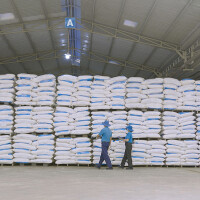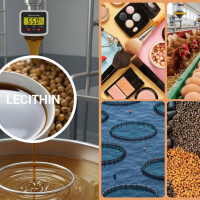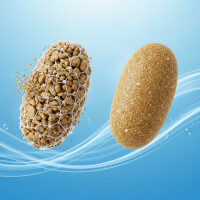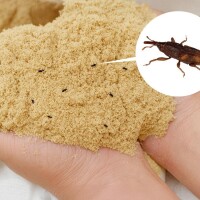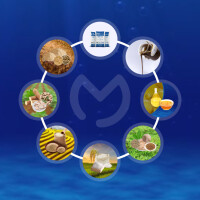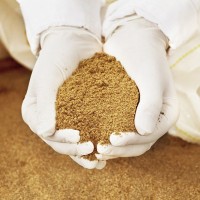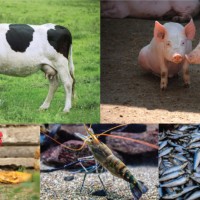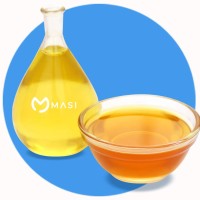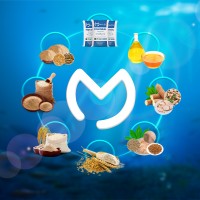The Differences Between Pure Fishmeal and Inferior Quality Fishmeal
Fishmeal is a crucial ingredient in animal feed production. The market offers a variety of fishmeal products with varying nutritional compositions which directly influence the quality of the final feed. This article will delve into the fundamental differences between pure fishmeal and inferior quality fishmeal.
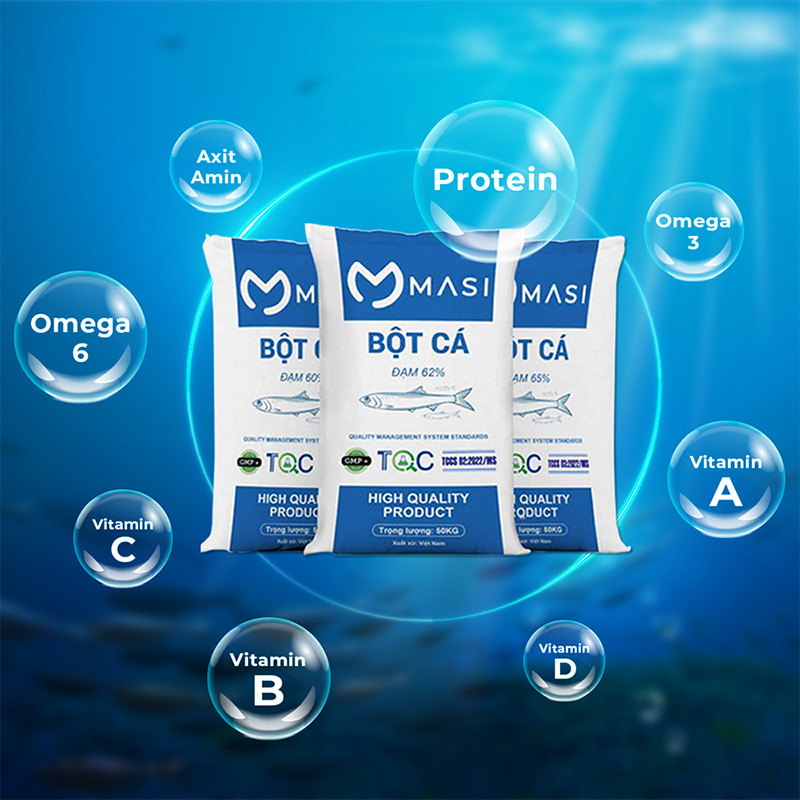
The role of fishmeal in animal feed
Fishmeal possesses a rare nutritional value and a nearly balanced nutrient profile, making it an excellent choice for promoting growth, stimulating appetite and enhancing the immunity of livestock. Pure fishmeal is rich in natural protein, high-quality amino acids and unsaturated fats. It is also a valuable source of B vitamins, particularly B12 and B2, as well as fat-soluble vitamins such as A, D and E. Moreover, it is a rich mineral source, containing calcium, phosphorus, selenium, iodine, zinc, iron and more.
Due to its high nutritional value and minimal indigestible substances for animals, fishmeal has become an essential ingredient in feed for aquaculture, livestock and poultry. A diet containing an appropriate proportion of fishmeal contributes to the healthy growth and development of animals, reduces mortality rates, and yields high-quality products, thereby improving farming efficiency and generating significant economic benefits.
>> See more: The important role of fishmeal in animal feed production
Factors for comparing pure and inferior quality fishmeal
The superior nutritional value of pure fishmeal makes it effective in enhancing farming performance, increasing weight gain and improving product quality. Fishmeal serves as a natural protein source and supplies essential nutrients for animal growth and development. The quality of fishmeal is a determining factor in the health of livestock and the nutritional value of the final product. To ensure proper mixing ratios and nutritional balance, feed manufacturers must select high-quality pure fishmeal based on the following characteristics:
Color
Pure fishmeal typically exhibits a uniform and natural color, ranging from light to dark brown, depending on the type of fish and protein content. In contrast, inferior quality fishmeal often has an unnatural color due to the presence of additives and fillers, and may lack uniformity.
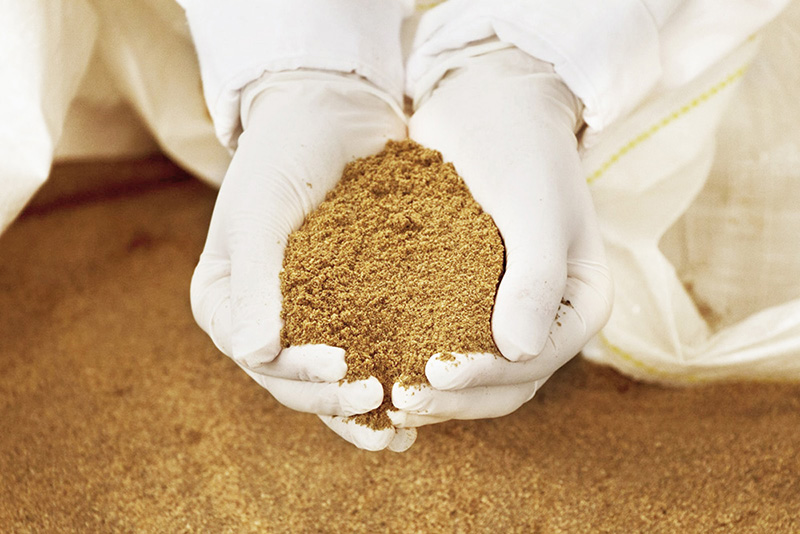
Purity
Pure fishmeal has a high degree of purity, containing no fillers, ash, or other additives, thus preserving maximum nutrient content. Conversely, mixed fishmeal is blended with fillers such as cornmeal or soybean meal to reduce costs, resulting in a significant decrease in purity.
Nutritional composition
Pure fishmeal stands out for its high protein and fatty acid content, along with essential minerals like calcium, phosphorus and amino acids necessary for animal growth. Mixed fishmeal, due to the inclusion of fillers, has lower protein and mineral levels. Feed manufacturers may need to adjust the mixing ratio or add more ingredients to create a nutritionally balanced product.
Cost
Pure fishmeal is generally more expensive compared to inferior quality fishmeal. However, this investment is justified for farmers seeking to ensure the quality of their feed and the health of their livestock, ultimately leading to improved farming efficiency. Mixed fishmeal offers a lower price, but its nutritional value is significantly reduced.
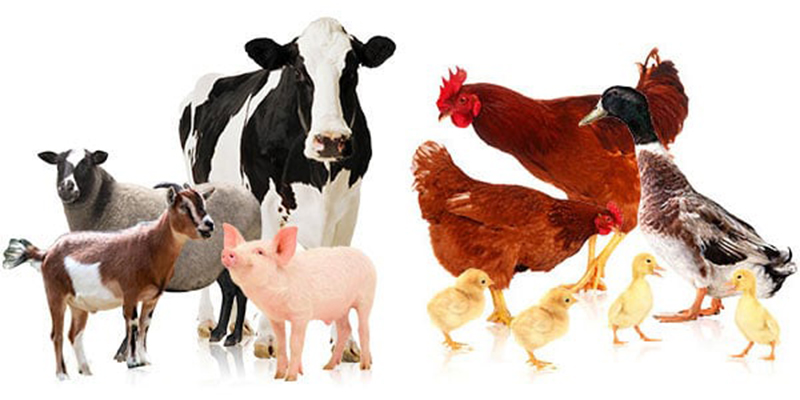
Protein is an essential nutrient for the growth of livestock and contributes to high-quality products
Tips for purchasing fishmeal
To purchase high-quality and affordable pure fishmeal, feed manufacturers should prioritize products with a clear origin, detailed ingredient lists and quality certifications. Before purchasing, it is essential to examine the declared nutritional composition to ensure the absence of harmful additives or fillers and to verify that the fishmeal is sourced from fresh, clean and sustainable raw materials.
Choosing pure fishmeal is a wise decision for those seeking to ensure quality and efficiency in animal feed. Masi is a reliable partner, offering premium pure fishmeal that is safe and meets the nutritional needs of livestock. We are committed to supporting our Customers by providing tailored solutions to enhance farming efficiency and product quality. With the motto "Product quality is the lodestar" our products have earned the trust of Customers, positioning Masi as a long-term strategic partner.
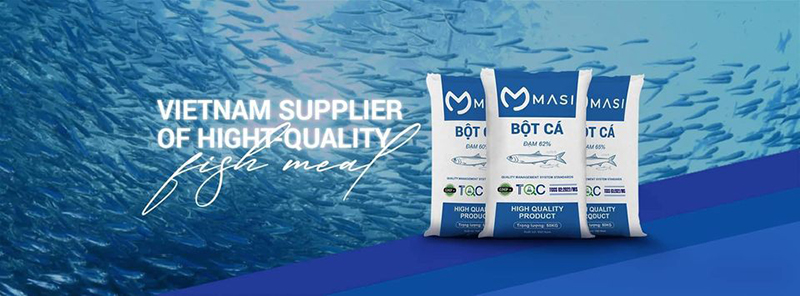
Masi's fishmeal products are produced using fresh raw materials and adhere to rigorous technical standards and quality criteria, fulfilling both quality and quantity requirements. The closed-loop production process, combined with stringent quality control of incoming raw materials, plays a crucial role in solidifying Masi's brand reputation in the market. Our fishmeal product lines include: 60%, 62% and 65% protein. Masi fishmeal products have been certified to meet international quality standards, as well as local compliance and technical standards.
The distinction between pure fishmeal and inferior quality fishmeal lies in color, purity, nutritional composition and cost. When selecting fishmeal for feed production, it is crucial to pay attention to quality indicators and choose a reputable supplier. With a mission to provide high-quality animal feed ingredients, Masi offers natural fishmeal that caters to the specific needs of each business. If you are seeking a supplier of premium pure fishmeal for your animal feed production, contact Masi today for personalized advice.
--------------------------------------
Contact information:
Masi
- H.O: 7F, Gigamall Trade Center, 240-242 Pham Van Dong St., Hiep Binh Chanh W., Thu Duc City, HCMC.
Manufactured by: Kim Long fish meal factory
- Lot C11, Fish Sauce Processing Zone, Phu Hai W., Phan Thiet City, Binh Thuan Province.
Email: Cs@masi.vn
Call center: 0909 411 885 - 0911 401 955 - 0979 045 766
Facebook: https://www.facebook.com/masi.fishmeal
LinkedIn: https://www.linkedin.com/company/masifishmeal/


